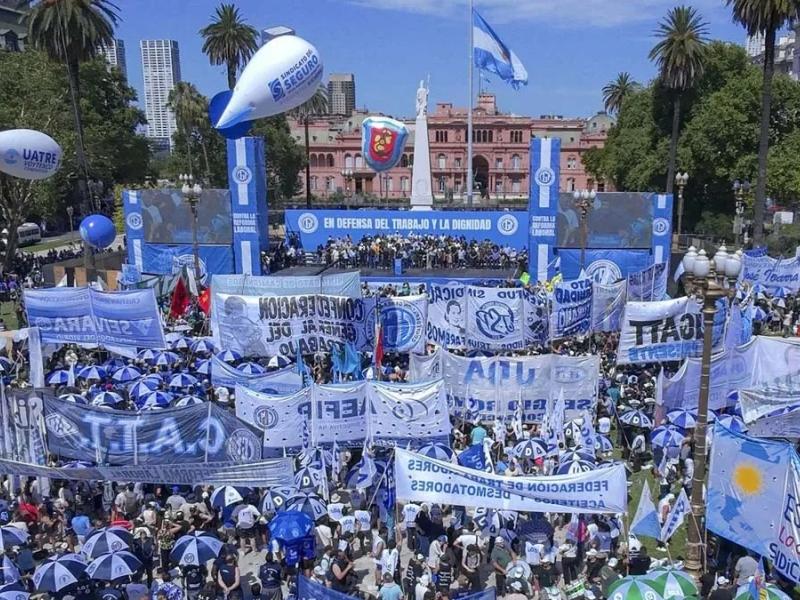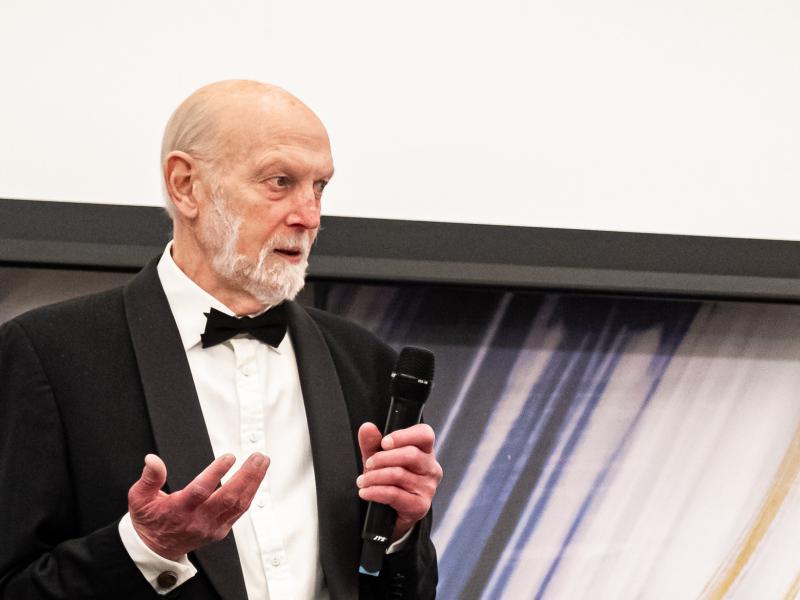Dockers on the picket line at the Port of Felixstowe, the UK’s largest container terminal, told a delegation from the International Transport Workers’ Federation (ITF) that management is offering a real terms pay cut and refusing to talk.
Unite the Union members voted to strike for eight days starting on 21 August after managers at the port refused point blank to take current inflation into account in their pay offer.
The Felixstowe Dock and Railway Company made pre-tax profits of £61 million in 2020 and paid out £99 million to shareholders. Yet the company has offered its workforce who generate that profit only a 7 percent rise while inflation is running at 12.3 percent (annual retail price index in July 2022). It is effectively a cut in pay.
“That’s incredibly disrespectful to the workers who keep the UK’s biggest port going during crisis after crisis in the supply chain,” said Paddy Crumlin, President of the ITF and chair of the Dockers’ Section. “Dockers are being perfectly reasonable. This is the first strike in over 30 years. They are just asking for a fair deal from the incredibly profitable business they have helped to build and maintain.”
The Felixstowe Dock and Railway Company’s dividends are paid into a complicated company structure but are principally received by the organisation’s ultimate holding company, CK Hutchison Holdings Ltd. It is registered in the Cayman Islands and listed on the Hong Kong stock exchange.

Strength of feeling that enough is enough
Around 1,900 members of Unite, including crane drivers, machine operators and stevedores, voted nine-to-one in favour of strike action following the derisory pay offer. It is the first strike at the port for 31 years, demonstrating the strength of feeling among workers who believe they are being betrayed by the port’s management.
“We accept that this will disrupt global supply chains just at a time when they are being stretched to the limit,” said Enrico Tortolano, the ITF Dockers section coordinator who led the delegation to Felixstowe supporting the strike. Tortolano delivered messages of international solidarity from transport unions around the globe.
“Let’s be clear, Felixstowe dockers aren’t to blame for disruption associated with this strike, that is squarely on management. All management has to do is come back to the negotiating table with open minds and a decent offer. That will stop this strike in its tracks.”
Tortolano pointed out that the cost-of-living crisis in the UK has not been caused by excessive pay claims, rather excessive company profits and the mismanagement of the economy by the government.
“Below inflation pay rises punish workers for problems not of their making,” he said. “Workers don’t want to be on strike – they’d much rather be working. But while port managers remain inflexible to what’s happening out there in the real world, workers feel they must opt for this action of last resort.”

Craig Wiggins a docker and Unite representative at Felixstowe made clear the workers’ wishes, “We just want respect and a pay deal that reflects our contribution. We are united to achieve that,” he said.
ITF President Crumlin said that Felixstowe’s dockers, like many other workers in the UK and around the world, are now saying ‘Enough is enough’.
The UK is experiencing a summer of discontent in the transport industry with National Rail, underground and now dock workers taking industrial action. Crumlin emphasised that workers are not at fault.
“We’ve seen incredible corporate greed in the wake of crises that have affected us all,” he said. “Some CEOs have grasped any opportunity to make a quick profit without thought for the long-term consequences. They’re not building sustainable businesses and they make obvious to workers the yawning chasm between the rich and poor in this world. A summer of discontent is the very least they should expect.”
Unite is already considering further strike action at Felixstowe if management continues to turn its back on workers.



